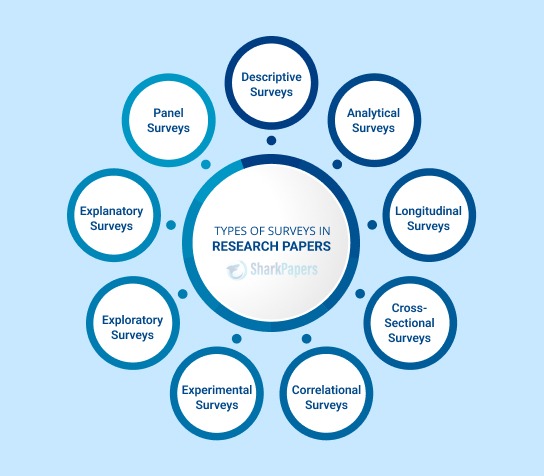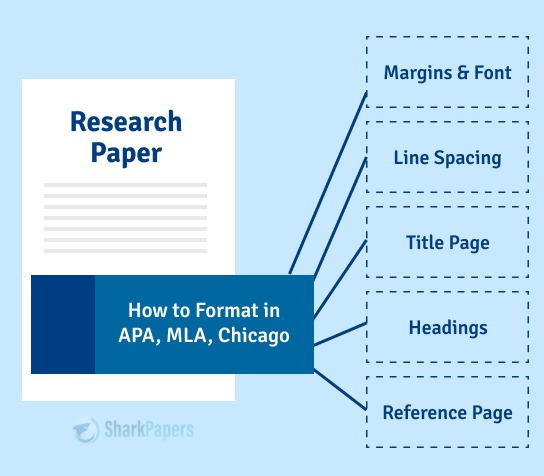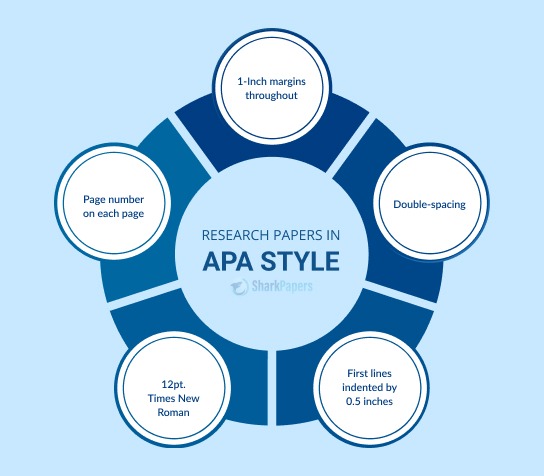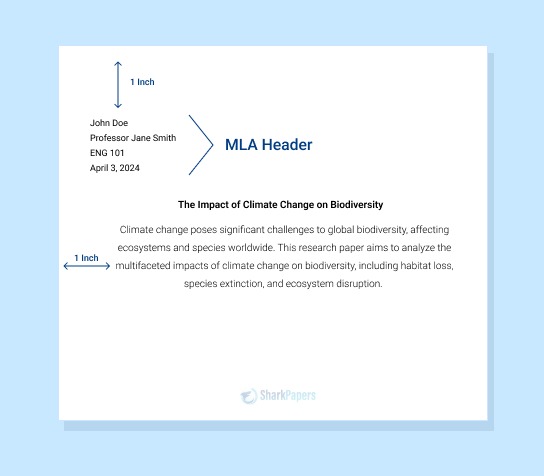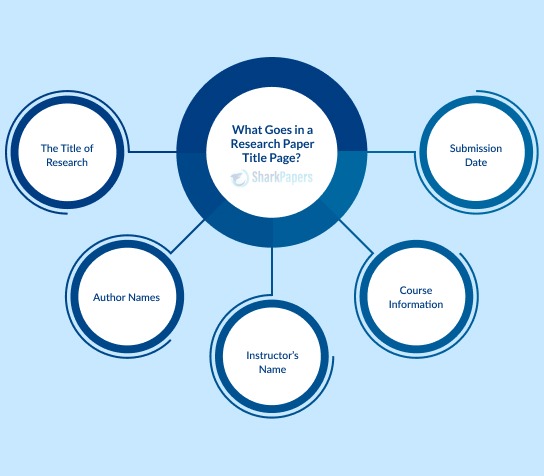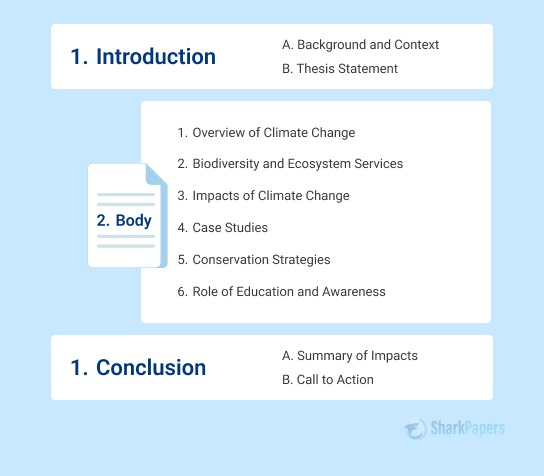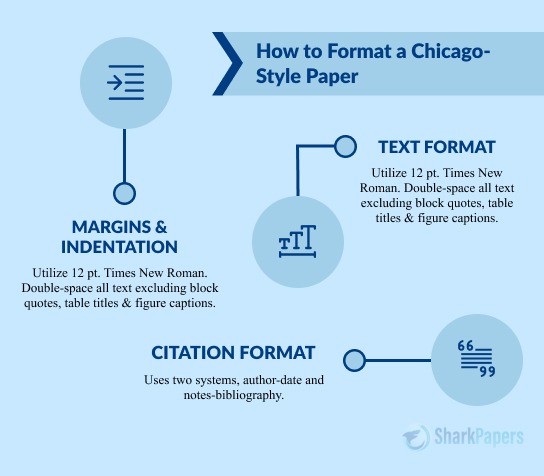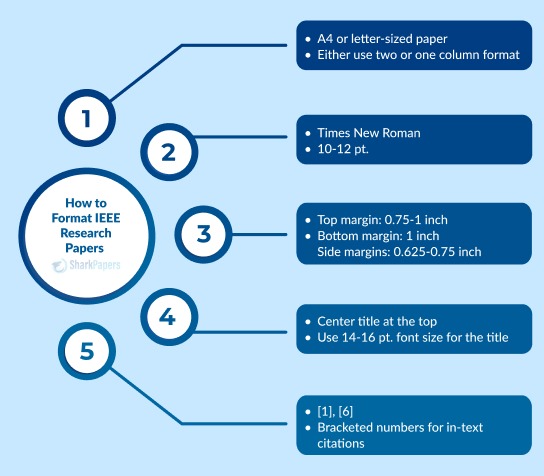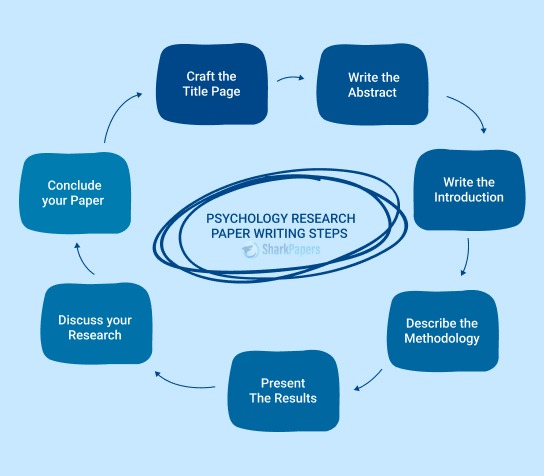What is an Abstract in a Paper?
An abstract is a concise summary of a research paper, article, or academic document. It provides readers with a quick overview of the main points, summarizing the key aspects of your work, including:
- Purpose of the study
- Methods used
- Key findings
- Significance or implications
The abstract is positioned at the beginning of the document, it helps readers decide whether to dig into the full paper.
Importance of Abstract in Research
Abstract in research plays an important role for several reasons:
- First Impression: It’s the first thing readers see, setting the tone for your work.
- Searchability: Abstracts improve discoverability in databases and search engines.
- Decision-Making: Editors and reviewers rely on abstracts to decide on publication or presentation.
How Long Should An Abstract Be?
An abstract should typically be 150 to 250 words, depending on the guidelines provided by the institution, journal, or conference. Here are some general pointers:
- Shorter Abstracts (150-200 words): Often used for journal articles, conference papers, and essays where space is limited.
- Longer Abstracts (200-250 words): Common for theses, dissertations, and detailed research papers requiring more depth.
Always check specific submission requirements, as some journals or academic institutions may have stricter limits.
When To Write An Abstract?
It’s best to write your abstract after completing your research paper or study. While the abstract appears first, it summarizes the entire paper, not just the topic.
Writing it last ensures it aligns perfectly with your topic. For topic ideas, check out our research paper topics blog.
Contents of an Abstract
Writing a good abstract includes combining all essential elements of research to present a comprehensive overview of the study, including:
- Context: Introduce your research topic, providing a brief background to set the scene.
- Central Questions: Clearly state the main questions or the research problem.
- Previous Research: Summarize existing knowledge related to your research question.
- Rationale and Goals: Explain the reasons, goals, and importance of your study.
- Methods: Provide a concise overview of your research and analytical methods.
- Findings: Briefly summarize the main results, findings, or arguments of your study.
- Implications: Discuss the broader significance or implications of your research.
Good Abstract | Bad Abstract |
This study examines the impact of urban green spaces on mental health in metropolitan areas (Context). The research addresses how access to parks and gardens influences stress levels and overall well-being (Central Questions). While previous studies have explored the general benefits of nature on health, limited focus has been placed on urban populations (Previous Research). This study aims to fill this gap by analyzing survey data from 1,000 residents across five major cities (Rationale and Goals). Using a mixed-methods approach, including statistical analysis and in-depth interviews (Methods), the study found that residents with regular access to green spaces reported 25% lower stress levels and higher satisfaction with life (Findings). These findings underscore the need for urban planners to prioritize green spaces to enhance public health and well-being (Implications). | This paper discusses the relationship between green spaces and mental health. The study collected data from various urban areas to assess stress levels and well-being. The findings showed that green spaces are important for people living in cities. These results suggest that more parks and gardens should be created in urban environments. |
How To Write An Abstract For A Research Paper
A good abstract doesn't just quickly summarize your research; it also entices readers to explore your work further.
Let's go through the steps of writing a simple and clear abstract for a research paper.
Step 1: Clarify Purpose and Scope
Before you start writing your abstract, take some time to really understand what your research is all about.
Here's how:
1. Identify Your Goal
- Think about why you did this research.
- What were you trying to find out or prove?
2. Know Your Scope
- Figure out how big or small your study is.
- What did you focus on, and what did you leave out?
3. Define Key Components
- Break down your research into parts.
- What's the main question you're answering?
- What sections of your paper are the most important?
Step 2: Study Existing Abstracts
Now that you know what your research is about, it's time to see how other researchers have written about similar topics.
Look for research papers similar to yours. Read their abstracts carefully. This will give you an idea of how others structure their summaries and the language they use.
Pay attention to how these abstracts are organized. Notice if they start with the research question, describe methods, or jump straight to findings. Understanding this structure will help you plan your own abstract.
Step 3: Identify Key Sections
The next step in abstract writing is to break down your own research paper into key sections.
For that, divide your paper. Common sections include Introduction, Methods, Results, and Conclusion. Identify what each section talks about.
Then, pick out the most important information from each section. What details are essential for someone to understand your research? These will be the key components of your abstract.
The last step is to focus on the main points in each section. Ask yourself;
- What is the main question or problem in the Introduction?
- What methods did you use?
- What are the key findings?
This step helps you know what to include in your abstract.
Step 4: Craft a Concise Introduction
In writing a concise and engaging introduction for your abstract, start by providing a brief background or context about your research. Imagine explaining your study to someone unfamiliar with the topic, offering a quick summary of what it's all about.
Following this, clearly state the main question, maintaining clarity.
Finally, highlight the importance of your research by emphasizing its significance. Explain why your research question is important and show how it matters.
This introduction paragraph of your abstract sets the tone, giving a snapshot of what your research is about and making people want to learn more.
Step 5: Describe Research Methods
Now, dive into explaining the methods you used in your research - how you did it.
- Provide a Brief Overview:
Offer a short explanation of how you conducted your study. What methods did you use to gather information? Keep it simple but informative.
- Include Study Design:
Mention the design of your study. Was it an experiment, survey, or observation? This helps readers understand the structure of your research.
- Highlight Key Components:
Identify the essential components of your methods. Mention details like participant demographics, materials used, or any unique approaches you took.
Step 6: Summarize Key Findings
In this step, Provide a brief summary of the key outcomes of your study. Focus on the most critical results that directly relate to your research question.
- What did you discover or find in the course of your research?
- How do the results compare to existing theories or previous research?
- What do the results imply?
- Why are they important in the context of your research?
- Did your research raise any new questions that need further exploration?
Step 7: Address Implications or Conclusions
In this last step of writing an abstract, summarize the broader implications of your findings. Discuss why your findings matter and explore any practical applications of your research.
Make sure to address the following questions:
- How do your results impact the larger context of your research area?
- What contributions do they make to the field, and why should people care about your research?
- How could your findings be applied in real-world situations?
By following these steps, you can effectively create a detailed and well-structured abstract for your research paper.
Writing An Abstract For A Research Paper - Examples
Crafting an effective abstract is an art that requires a balance of clarity and conciseness.
In this section, we'll walk through examples to illustrate how to write an abstract for a research paper successfully.
Social Sciences Abstract:
Support Of Workplace Diversity Policies: The Role Of Race, Gender, And Beliefs About Inequality
William J. Scarborough, Danny Lambouths, Allyson L. Holbrook, Support of workplace diversity policies: The role of race, gender, and beliefs about inequality, Social Science Research, Volume 79, 2019, Pages 194-210, ISSN 0049-089X.

Humanities Abstract:
Wondering how to write an abstract for a research paper humanities? Don't worry, we have an example for you, check it out!
The Effects Of War On Ukrainian Research
de Rassenfosse, G., Murovana, T. & Uhlbach, WH. The effects of war on Ukrainian research. Humanit Soc Sci Commun 10, 856 (2023). https://doi.org/10.1057/s41599-023-02346-x

Sciences Abstract:
Nicotinamide Mononucleotide (NMN) As An Anti-Aging Health Product – Promises And Safety Concerns
Harshani Nadeeshani, Jinyao Li, Tianlei Ying, Baohong Zhang, Jun Lu, Nicotinamide mononucleotide (NMN) as an anti-aging health product – Promises and safety concerns, Journal of Advanced Research, Volume 37, 2022, Pages 267-278, ISSN 2090-1232.

Here are some more abstract writing examples for your better understanding:
What Not to Include in an Abstract?
When writing an abstract, keep it simple and to the point. Here’s what you should avoid:
- Catchy phrases or quotes: Don't try to grab attention with a catchy line or quote.
- Long background info: Skip the detailed context or history of your topic.
- Repetition and unnecessary words: Keep it concise—don’t repeat yourself or use extra adjectives.
- Acronyms or abbreviations: Avoid using short forms that might confuse the reader.
- References to other studies: Don’t mention other research or cite other works.
- Incomplete sentences: Make sure all sentences are complete and clear.
- Jargon: Use simple language; avoid terms that might confuse readers.
- Figures or images: Don’t include tables, figures, or any other visuals.
An abstract should be a straightforward summary, so leave out anything that isn’t absolutely necessary!
Tip: Never Cite the Abstract Only! Citing only the abstract doesn’t show a thorough review of the literature. Always try to access the full-text article. If it's not available, search the university Libraries or use Google Scholar. If you still can’t find it, contact a librarian or request it through interlibrary loan. |
Abstract Checklist
Ensure your research paper abstract is comprehensive and impactful with this checklist:
Clarity of Purpose | Yes | No |
Is the main objective or purpose clear? | ||
Can a reader easily understand the study's aim? |
Context and Background | Yes | No |
Have you provided a brief background or context? | ||
Is there enough information for the unfamiliar reader? |
Research Question | Yes | No |
Is the main research question clearly stated? | ||
Is the research question presented straightforwardly? |
Methods Overview | Yes | No |
Does the abstract include a concise method overview? | ||
Have key components (design, participants, materials) been mentioned? |
Key Findings Summary | Yes | No |
Have you provided a clear summary of key findings? | ||
Are key outcomes highlighted to capture their significance? |
Implications or Conclusions | Yes | No |
Have broader implications or conclusions been summarized? | ||
Is the significance of the findings clearly discussed? |
Language and Clarity | Yes | No |
Is the language clear and easily understandable? | ||
Have unnecessary jargon or technical terms been avoided? |
Conciseness | Yes | No |
Have you adhered to the specified word limit? | ||
Are sentences crafted for maximum meaning with minimal words? |
Wrapping up, this blog helps researchers learn how to write great research paper abstracts. With step-by-step process and useful tips, you have the guidance to create captivating abstracts that grab attention.
But if somehow things still don’t go your way, don’t worry!
At SharkPapers.com, our experts are available 24/7 to help you tackle any research paper writing challenges. Whether you need help with crafting a compelling thesis, structuring your paper, or citing sources correctly, our writing center provides the support you need.
When you pay for research paper at our service you get guaranteed support, and high-quality papers at the most affordable rates.
So, without wasting any time, order your abstract from the best paper writing service online!
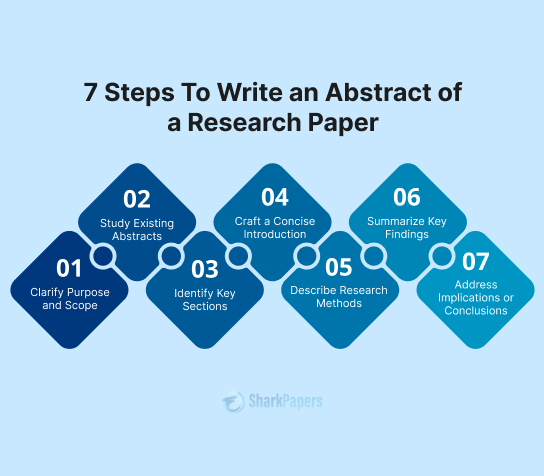


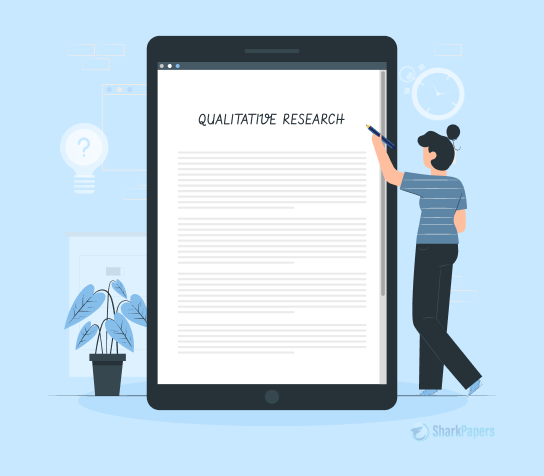
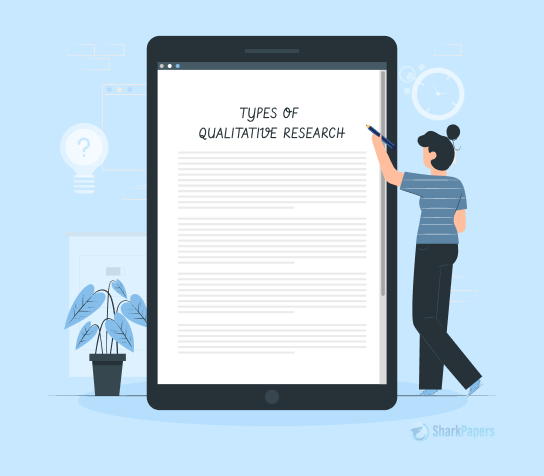
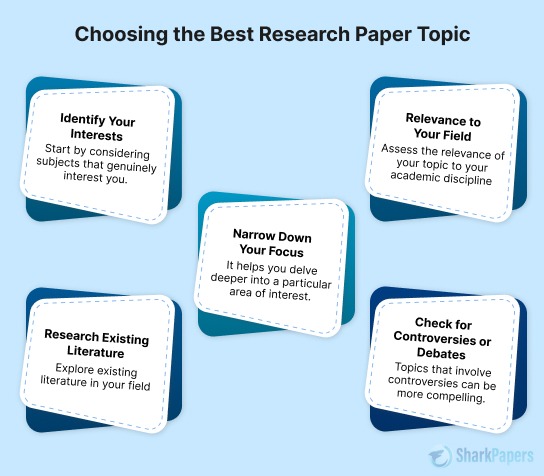
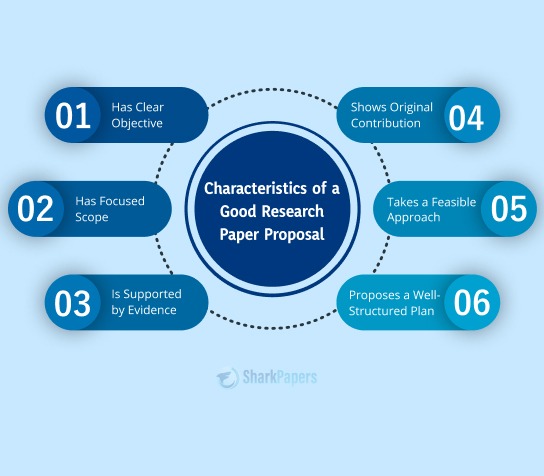


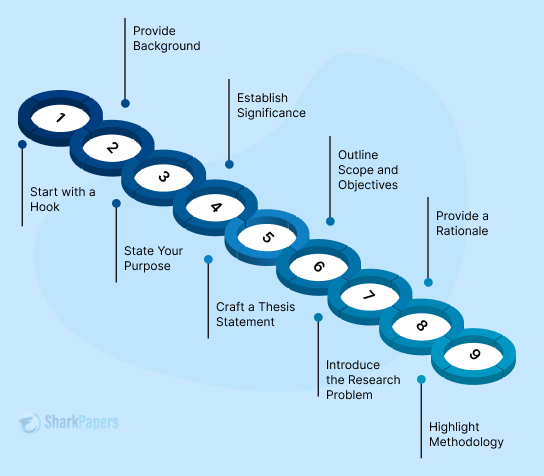
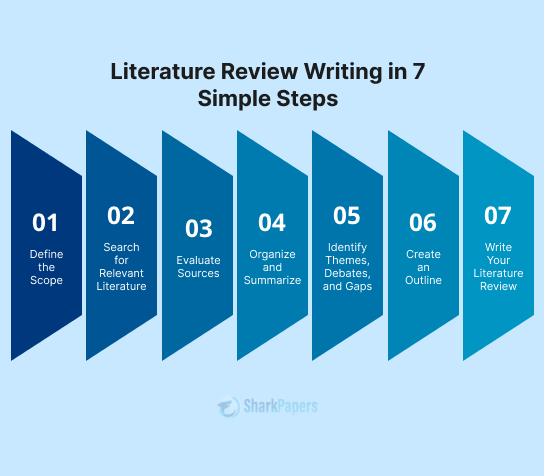



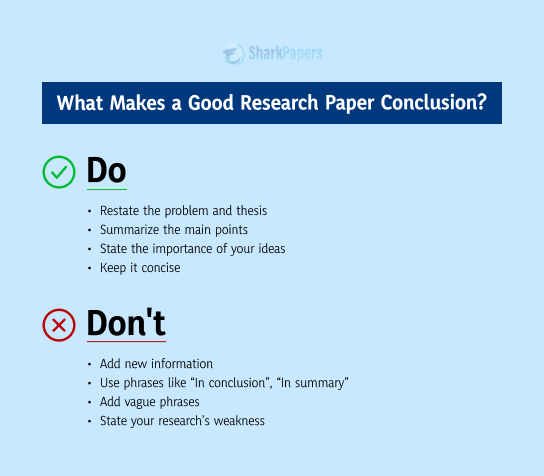
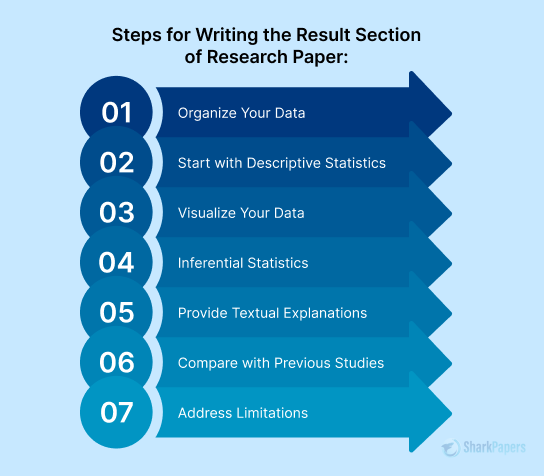
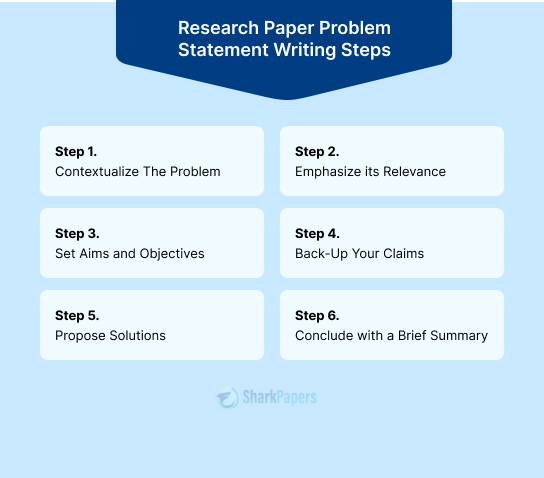
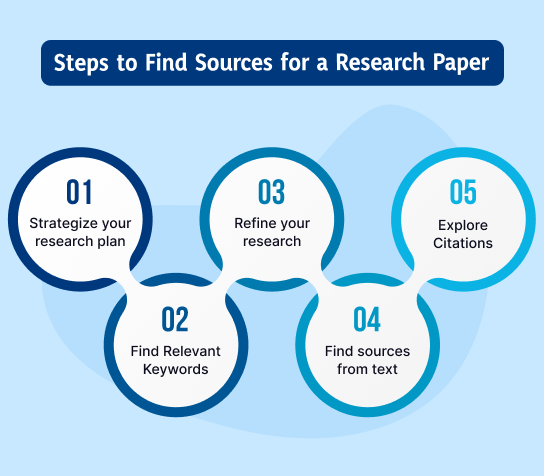
)
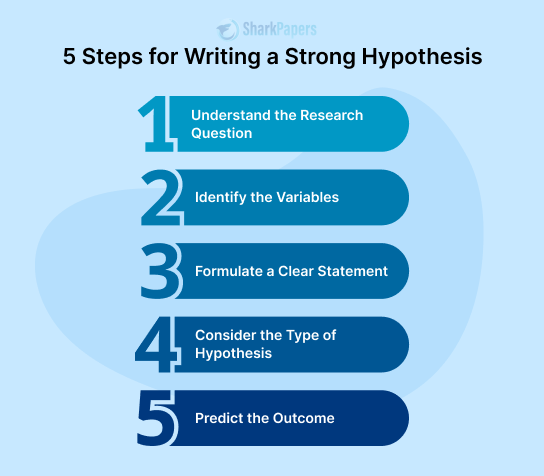
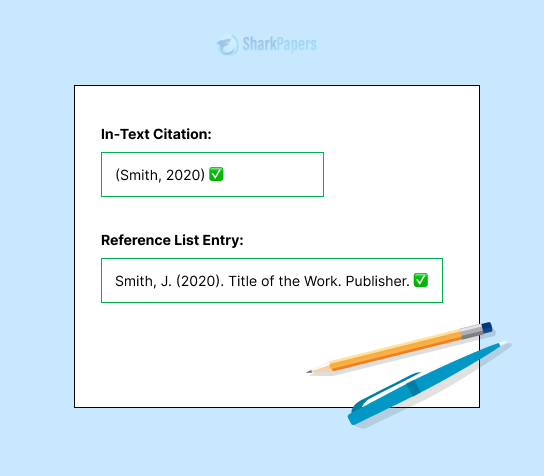
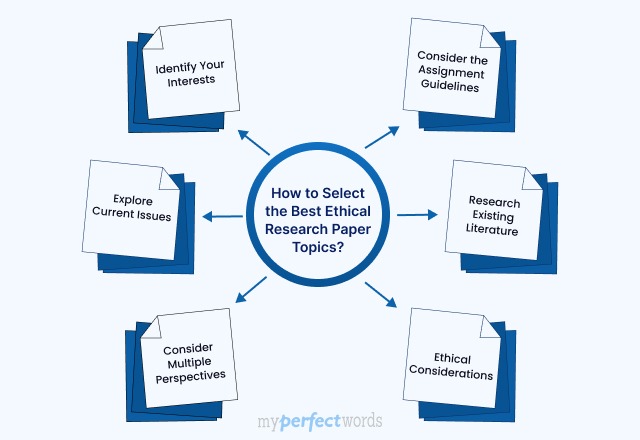
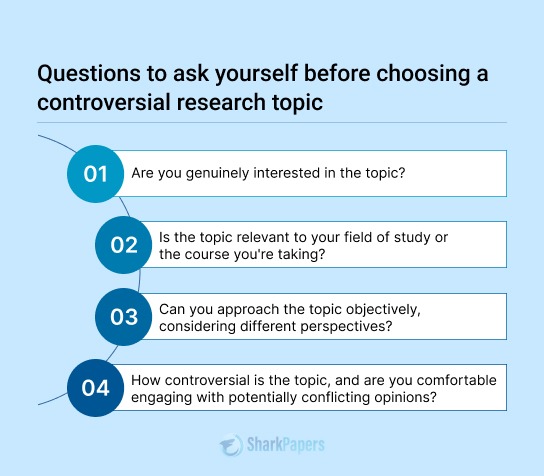


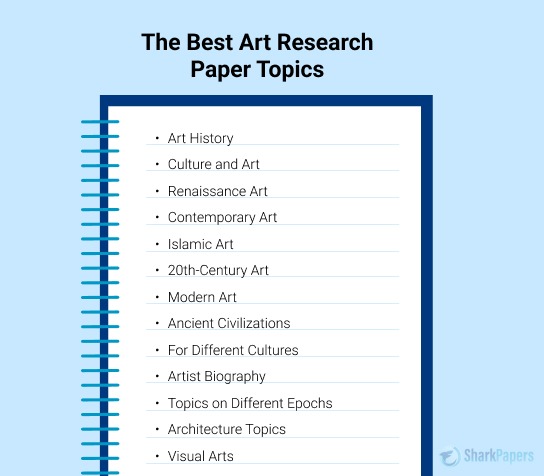

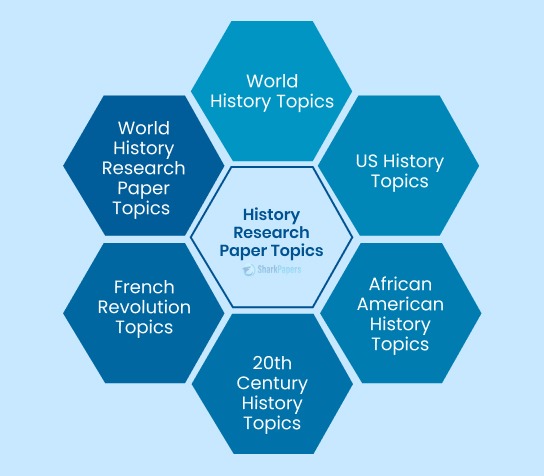
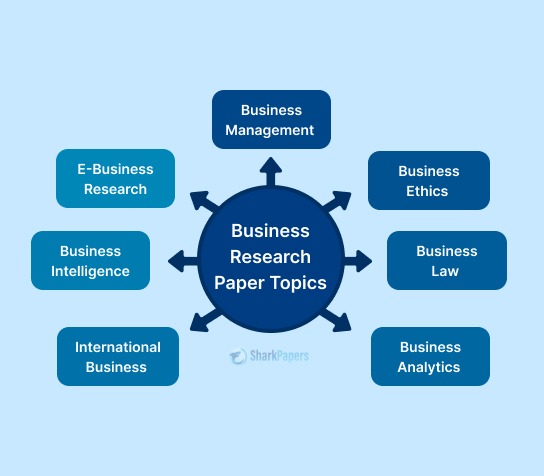
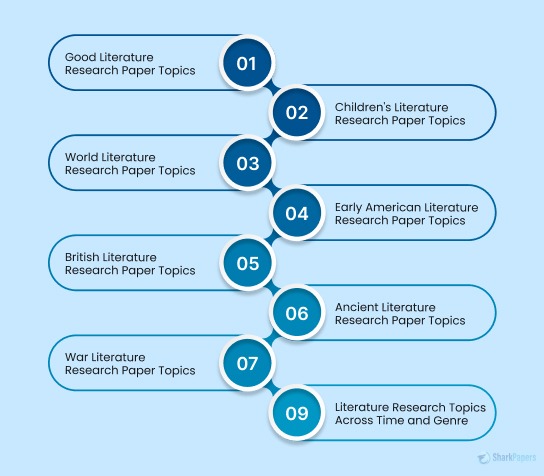
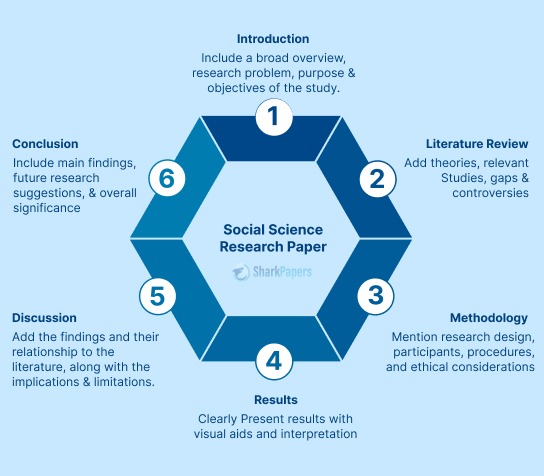
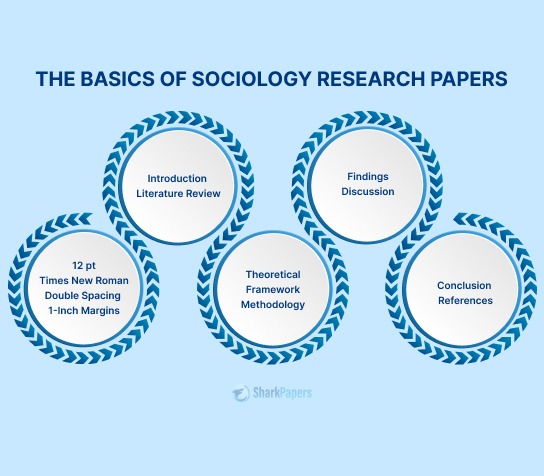
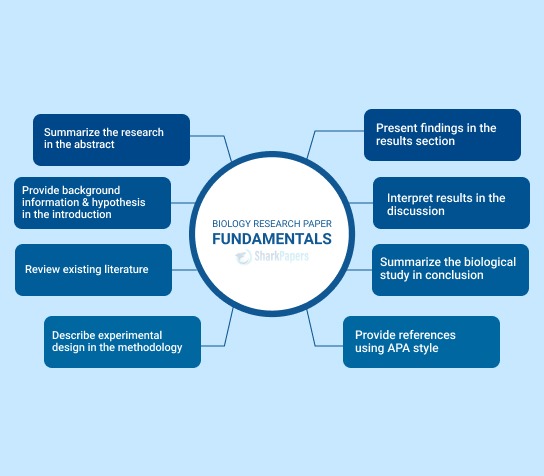
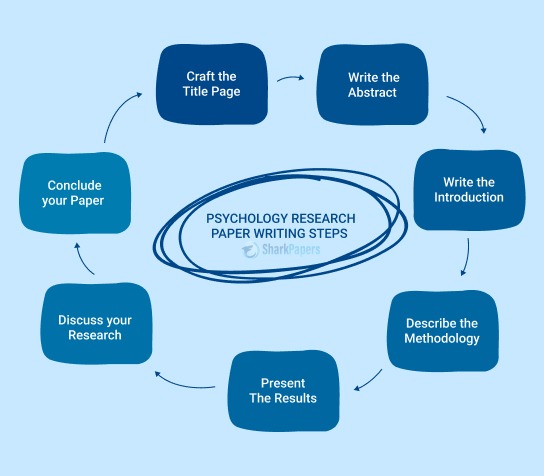

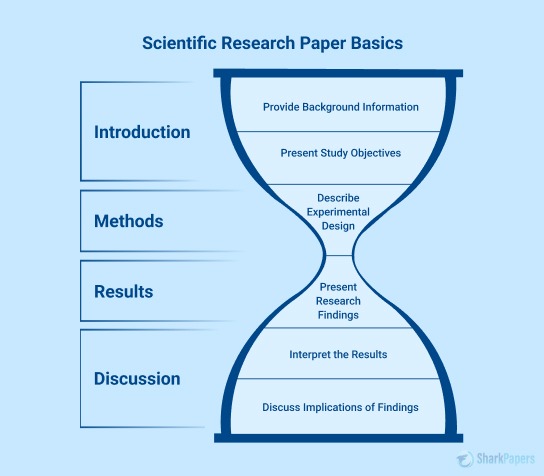
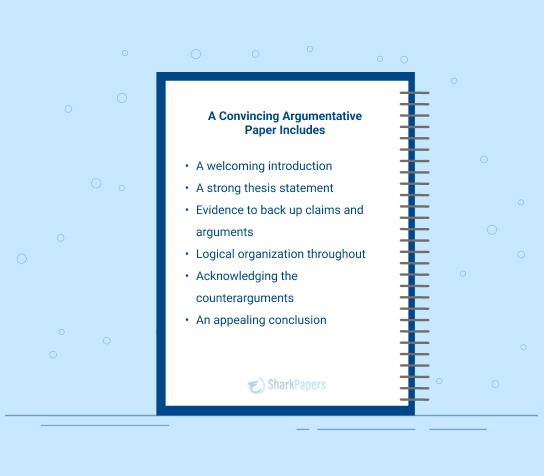

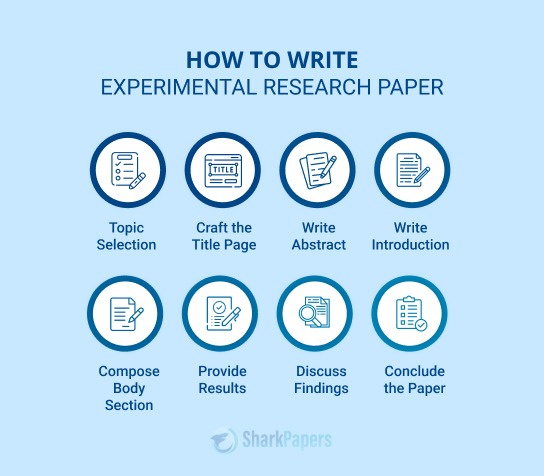
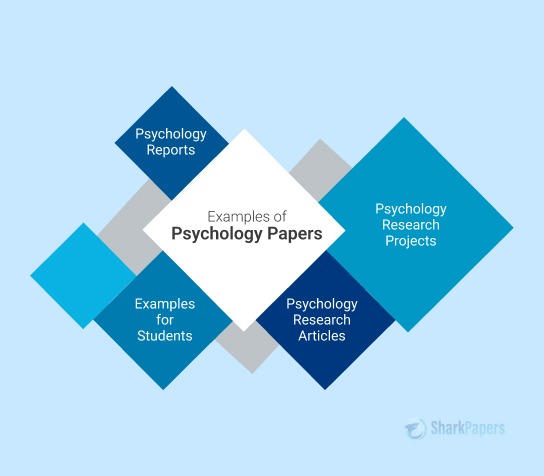


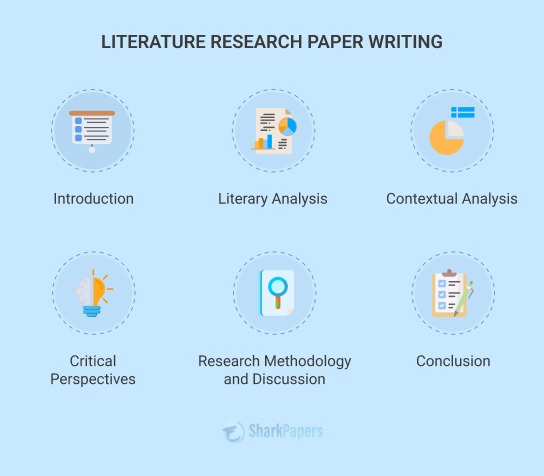
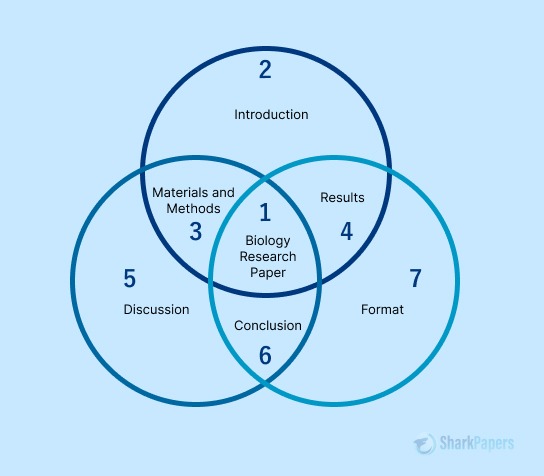
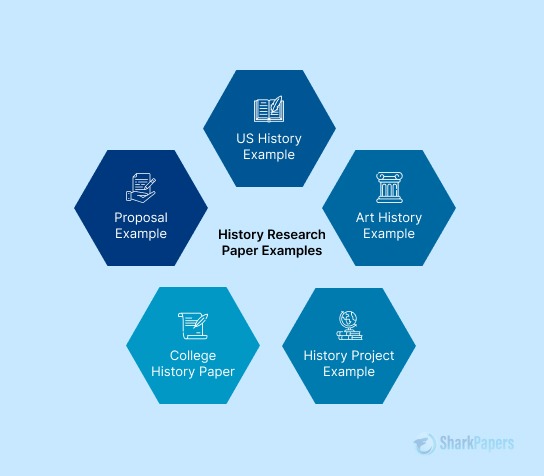

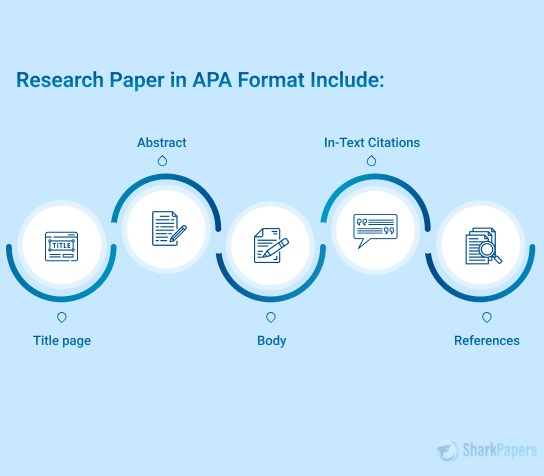
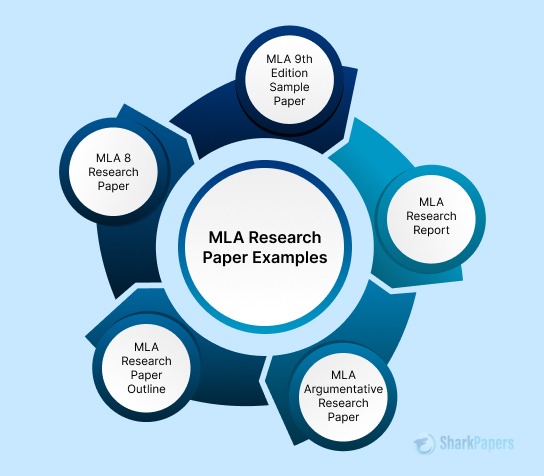

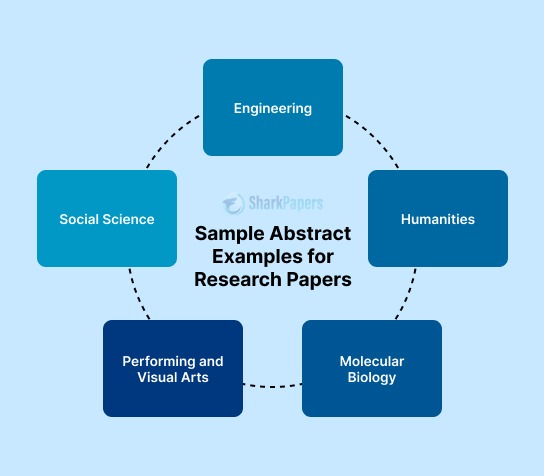
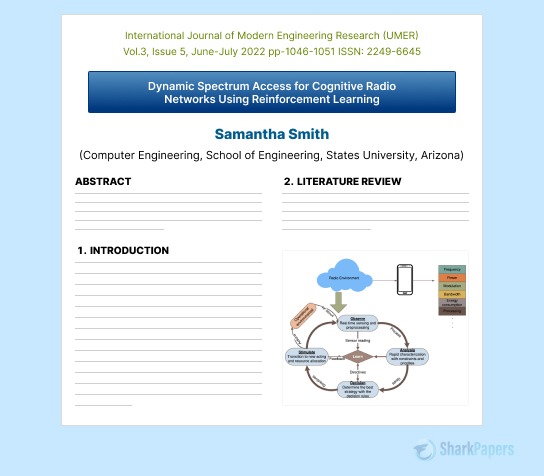

-12114.jpg)

